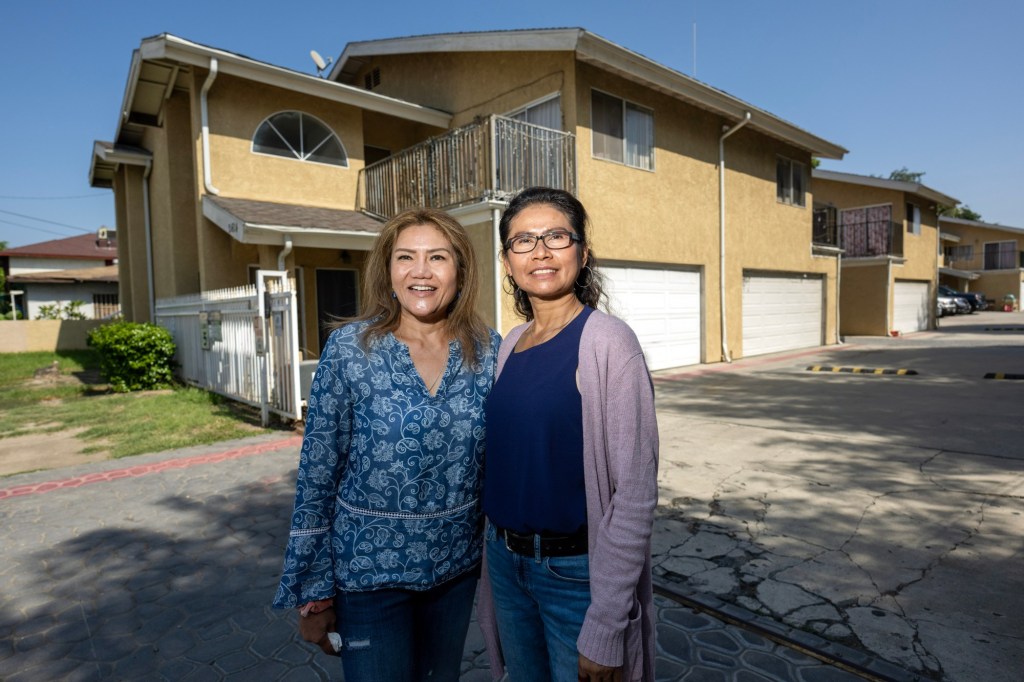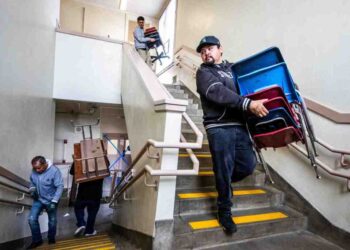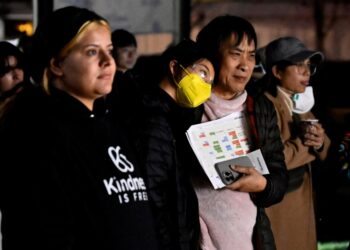Maliwan Radomphon Clinton was promised a livable wage, which she could use to help send money back to her family in Thailand. She would work to pay her visa off. She, like many other workers, were promised good working conditions, fair pay and yearly vacations.
But when she arrived in 1994 to live and work in a makeshift factory compound in El Monte, Clinton knew things wouldn’t be what they were promised.
“From 7 a.m. to after midnight, I worked. We were told if we complained they would hurt us. They said we would bring harm to our families,” she said. “I know things were not right, but I was already in there and had nothing I could do… this is not the America I dreamed about. America is a land of freedom. I did not have freedom.”
Clinton was one of 72 garment workers, mainly women, who were trafficked in the early 1990s and held captive for years working in a makeshift garment factory, in a row of unassuming townhouses in El Monte. Their story is considered one of the earliest known cases of modern-day slavery in the U.S.
A group of 25 of the formerly enslaved workers were honored this month by the U.S. Department of Labor, and received medals for their courage and resilience.
Officials recognized how their high-profile case shaped modern labor and immigration laws that protect immigrant workers and victims of trafficking.
Acting Secretary of Labor Julie Su inducted the workers into the Department of Labor Hall of Honor at a Monday, Sept. 18 ceremony in Washington D.C.
“By sheer force of will, they forced corporations and government to re-examine their practices,” Su said. “They refuse to succumb to societal pressures and cultural norms that told them to stay in the shadows.”
Officials in Congress are also raising awareness of the garment workers’ story. On Sept. 20, Rep. Judy Chu, D-Pasadena, introduced a House resolution to honor the Thai workers.
“Despite the trauma they endured, they helped to expand rights for…
Read the full article here







